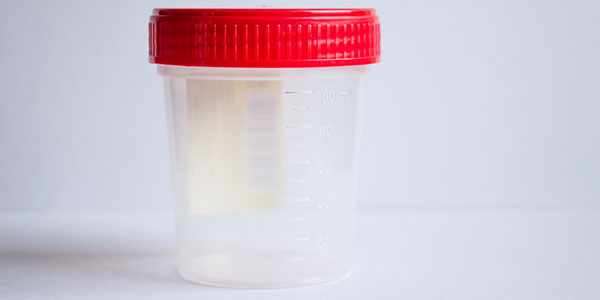Blood in your stool can be a sign of hemorrhoids, colon polyps, abnormal growths in the digestive tract, anal fissures, ulcers, Crohn’s disease, ulcerative colitis, diverticulitis, colon cancer and various intestinal infections. Doctors at Sutter East Bay Medical Foundation offer a variety of tests, called fecal occult blood tests, to detect particles of blood in your stool that may be invisible to the naked eye and help diagnose the cause.

We offer the full range of fecal occult blood tests including:
- Cologuard Screening Test — This easy-to-use, non-invasive colon cancer screening test is based on the latest advances in stool DNA science. It was designed for adults age 50 and older who are at average risk for colon cancer. It's available by prescription only, but can be used in the privacy of your own home and requires no special preparation or medication changes.
- Flushable Reagent Stool Blood Tests — A test performed at home using disposable pads that can be purchased at any drug store. After a bowel movement, place one of the special pads in the toilet bowl. Watch for a change of color on the test area of the pad and note the results for your doctor. The pad can then be flushed away.
- Stool Guaiac Tests — These tests usually involve collecting a stool sample from three different bowel movements. For each bowel movement, you smear a small amount of stool on a special card provided in a kit from your doctor. The card is then mailed to or dropped off at a laboratory.
- Fecal Immunochemical Test (FIT) — A popular colon cancer screening test that detects blood from the lower intestines. After having a bowel movement, use the brush provided in the collection kit from your doctor to touch the surface of your stool. Dip the brush into the toilet water and then touch the brush on the test card. Send the test card to the laboratory for testing.
Our experts recommend having a fecal occult blood test every one to three years starting at age 50. Talk to your doctor about your risks for colon cancer and your individual testing schedule.









